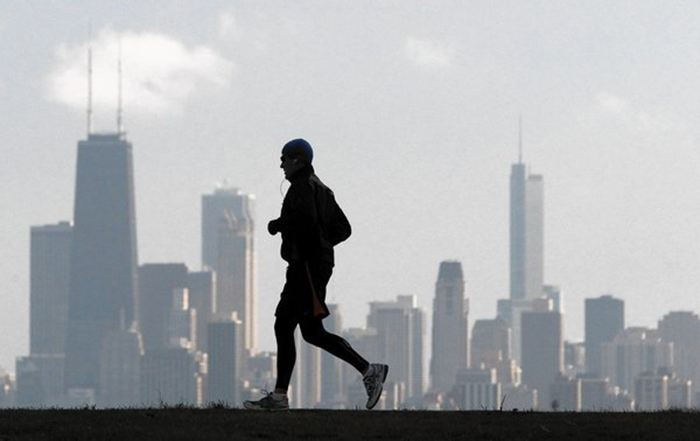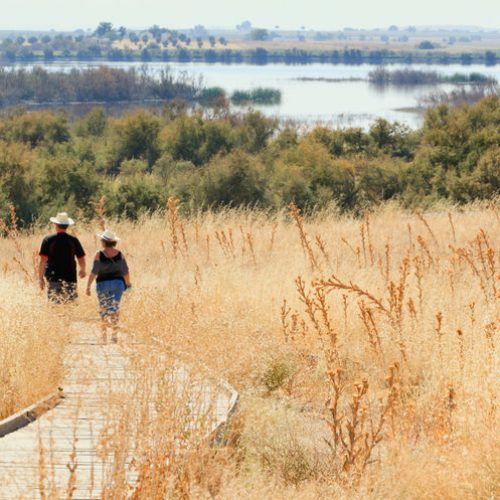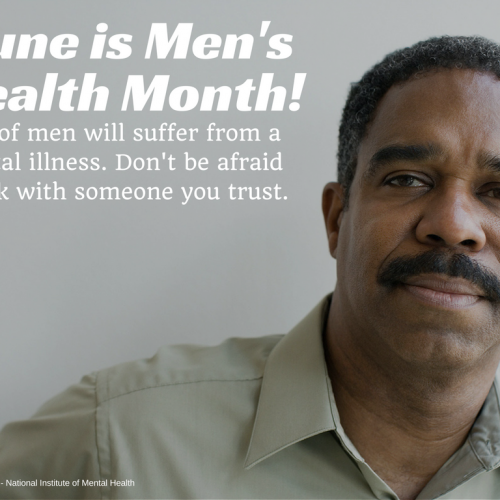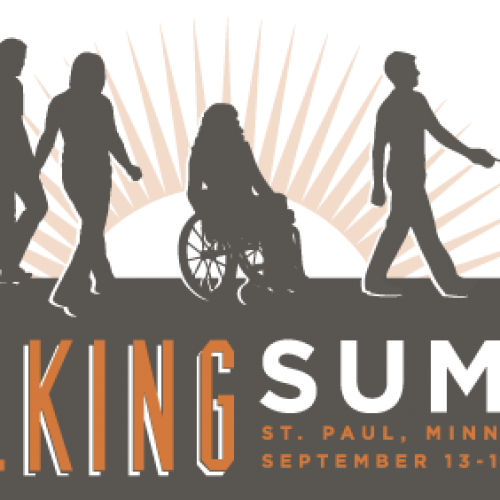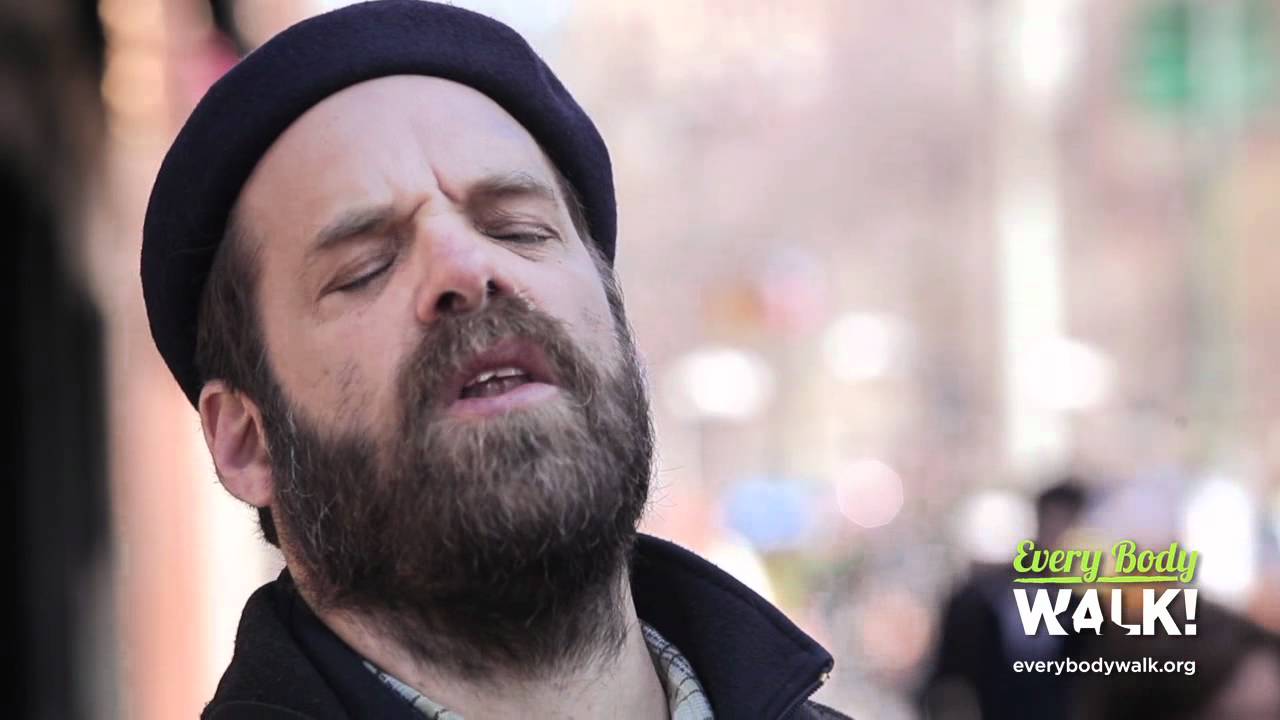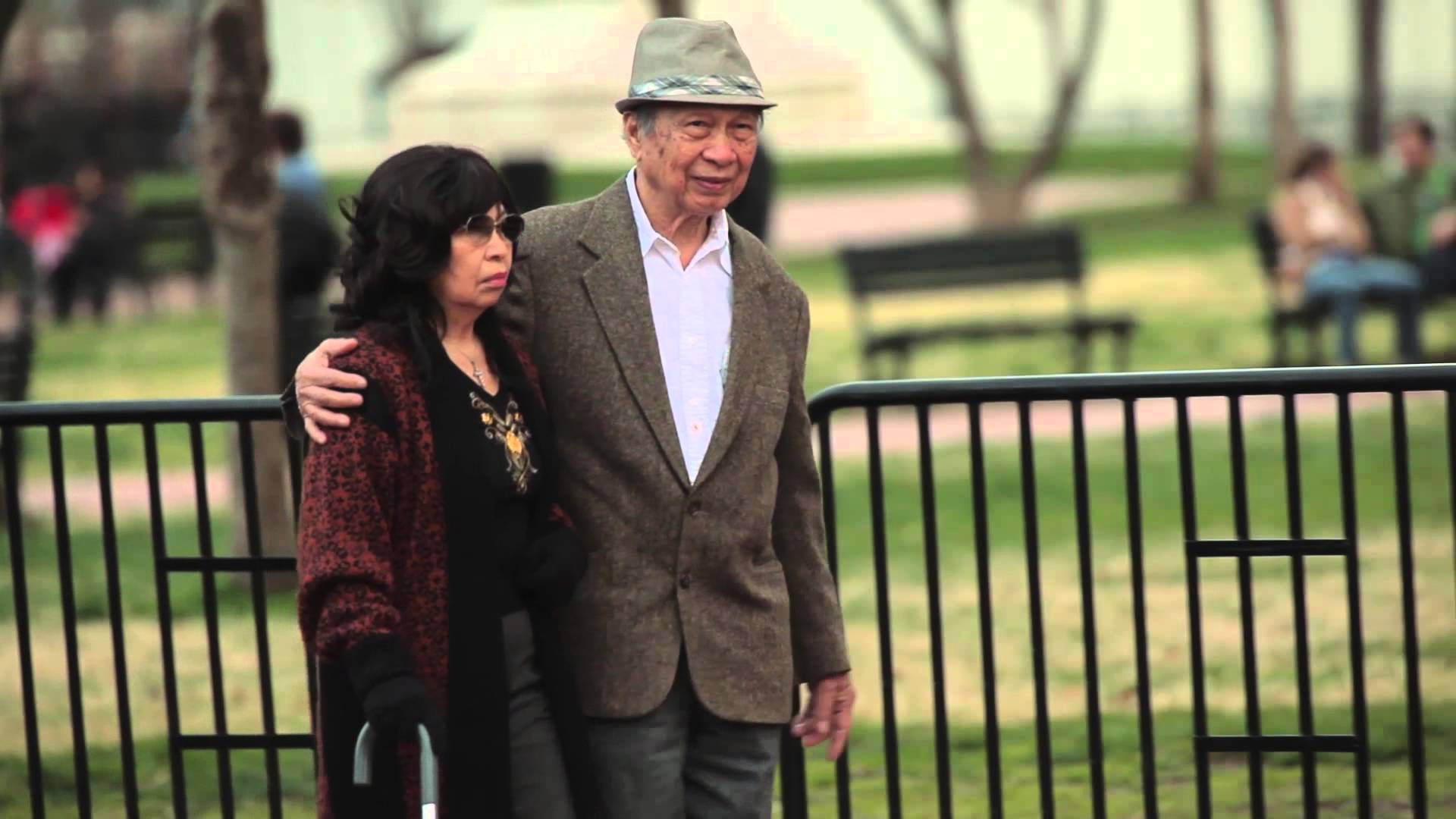Natural environment stimulates the mind.
Half my book was written while either running or cycling.
I do not have a fancy treadmill desk that morphs into a cycling desk. I have a comfy chair that I’m sitting in as I type this column, but it doesn’t change the fact that large portions of this article were written in my head while running outside in cold and snowy temperatures. When the snow melts, I will do more writing while sailing along the highway on my carbon-fiber road bike.
I’m not the only one who gets creative while exercising outdoors. Last year I spoke with singer Sarah McLachlan, an avid runner, who told me she likes to write lyrics in her head while being bipedal in the wilderness.
I love her music, so there must be something to this idea that exercising outside enhances creativity.
“We’ve known for a long time that writers get benefit from being active out in nature,” said Ruth Ann Atchley, chair of psychology at the University of Kansas. “The environment makes a big difference.”
Atchley, who has a special interest in this subject and published a paper in PLOS ONE in 2012 about improving creative reasoning in natural settings, explained that it’s a synergistic effect of not only engaging in physical activity, but doing it outside, away from modern technological distractions.
“We’ve known for years that aerobic exercise is very beneficial for thinking and cognition,” she said. It enhances the function of the prefrontal cortex, which is important for creativity and moving attention from task to task. Atchley also said that it helps us detect emotion in others and influences mood state.
But could running on a treadmill in your basement get the same result? Answer: no.
“It is beneficial to get away from the technology-rich environment,” Atchley explained. “Reading email and checking your phone takes you off task and inhibits creativity for as long as five minutes each time.”
Atchley said the natural environment has a characteristic that some call “soft fascination.” This means that environmental stimuli are emotionally positive. Suddenly, I feel like going for a hike in the mountains. “The natural environment has the ability to seduce and attract your attention system rather than demand it.” Emails, ringing phones and Facebook notifications are demanding of your attention, but nature is cool with you just hanging out with her. You know, soaking things in. Gently.
In a past column I wrote about how people who run outside versus on a treadmill run farther, faster and enjoy it more. I’m beginning to understand why.
Type of exercise
But for enhancing creative thinking, the type of exercise matters. Atchley and I talked about how McLachlan is also a surfer, and how she’s probably not writing lyrics while doing that. The level of arousal needs to be low.
Atchley likes to snowshoe and to downhill ski, and she explained, “The level of arousal in snowshoeing is not very stimulating, so it’s good for enhancing creative thinking. But the downhill skiing creates a heightened state of arousal. It requires more attention.”
I am also a downhill skier and know that my brain is often focused on things such as: Turn. Turn again. Moguls! Watch out for that tree. Squirrel!
Effort matters as well. “As the exercise becomes more metabolically demanding, I would expect these creative cognitive benefits of being in a natural environment would diminish,” Atchley said. I do find I’m more creative while cycling at a moderate intensity, but during a hard run, my brain gets distracted with thoughts of “Gasp! I hate this hill. My heart hurts.”
But how do you measure this creative boost, and how large is the effect?
Atchley and her team used word problems — called a Remote Association Test — and found that exercising in nature garnered a 50 percent increase in creative thinking over being sedentary indoors; a substantial improvement indeed.
OK, so exercising outdoors enhances creativity. Does this do you any actual good in the rest of your life? Atchley said this research is in its infancy and researchers do not yet know if the effects linger. For me, I know I get home from runs and bike rides and leap on my computer, sweat pouring onto my poor desk chair, to type important ideas down before they evaporate. I’ve even been known to hop off my bike at the side of the road, grab my phone and email specific flashes of insight to myself so I don’t lose them.
Career boost?
Beyond occasional creative insights, can the effort of exercise enhance your career? Probably.
“The resources for goal-oriented behavior are greatly enhanced via physical activity,” said Harvard neurologist Dr. Miguel Alonso-Alonso. Exercise improves the brain’s “executive function,” which he explained is a combination of three things: the ability to control impulsive behavior, adaptability and working memory. These three things form your decision-making capabilities.
Being a better decision-maker can have a positive outcome on your career. But don’t take exercise lightly if you want to be a high performer. “There is a dose-response effect,” Alonso-Alonso said. “A fitter person is going to have greater improvements in executive function.”
The research also indicates financial reward garnered from a fitness regimen. Even though pursuing fitness often costs money, time, effort, sweat, pain and smelly laundry, it can pay you back and then some. I’m not just talking about the qualitative stuff like improved health, longevity, physical performance, appearance and self-esteem. There are hard numbers to run here, such as what happens when you compare people who exercise at least three times a week with those who exercise less (or not at all).
“I found that for men the average was a 6 percent increase on weekly earnings. For women it was more on the order of a 9 to 10 percent increase in weekly earnings.” said Vasilios Kosteas, an associate professor of economics at Cleveland State University.
Kosteas’ study, published in the Journal of Labor Research in 2012, controlled for things such as education, age, gender, health and body weight to make the exercise probability as accurate as possible.
“These results support that there is a causal relationship for exercise increasing income,” he said.
But why?
“We have a good body of evidence that shows exercise is linked to having greater energy levels, better cognitive function, improved mood; all of these things lead to greater performance at work, and greater confidence as well.” And perhaps they’re more creative too.
I have one caution about the direction your creative thoughts take while exercising outdoors. If you have lofty ambitions, a 2002 article in the Journal of Personality and Social Psychology warns against daydreaming too much about what it would be like to achieve those goals. If you have positive fantasies about having achieved the goal, it can kill your ambition to chase it because, in your mind, you already succeeded.
That’s why when I’m racing the roads, I’m not thinking about how great it will feel to achieve future career aspirations; I’m strategizing how to make them a reality.
Fell is a certified strength and conditioning specialist and founder of sixpackabs.com.
Source: Chicago Tribune
March 14, 2014
By James S. Fell, photo by Chris Sweda, Chicago Tribune
http://www.chicagotribune.com/health/sc-health-0312-fitness-creative-decision-making-20140312,0,4724239.story?page=1

